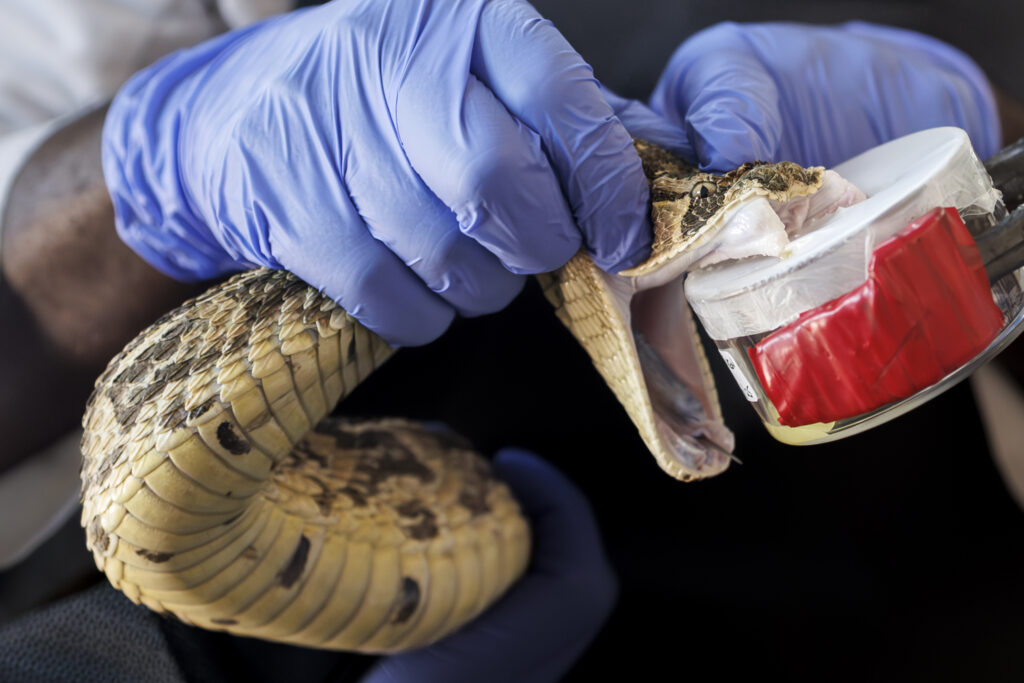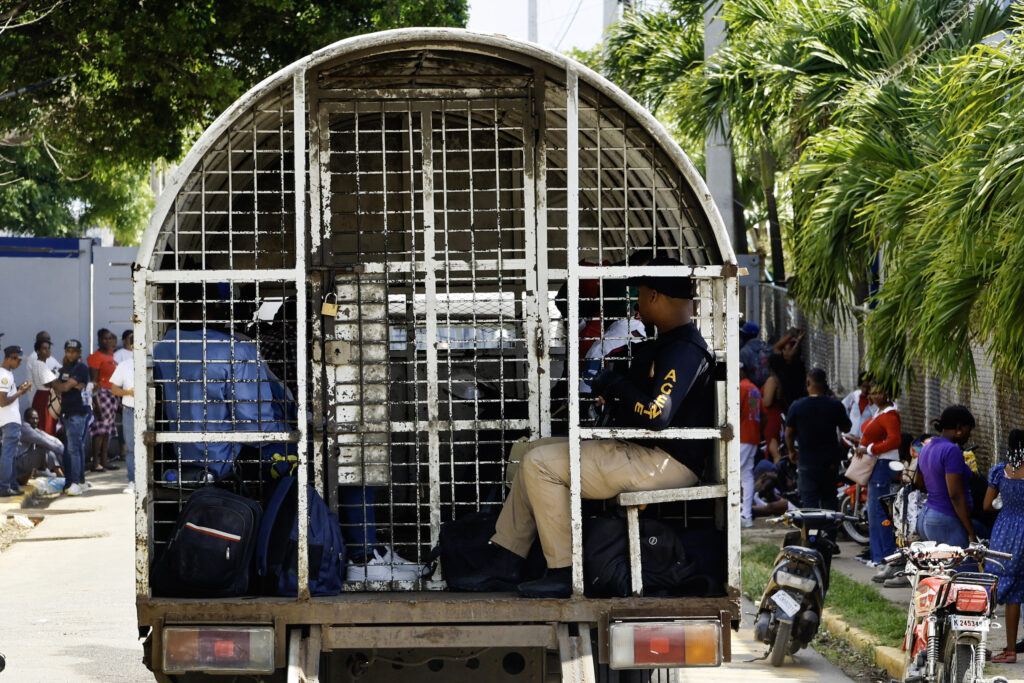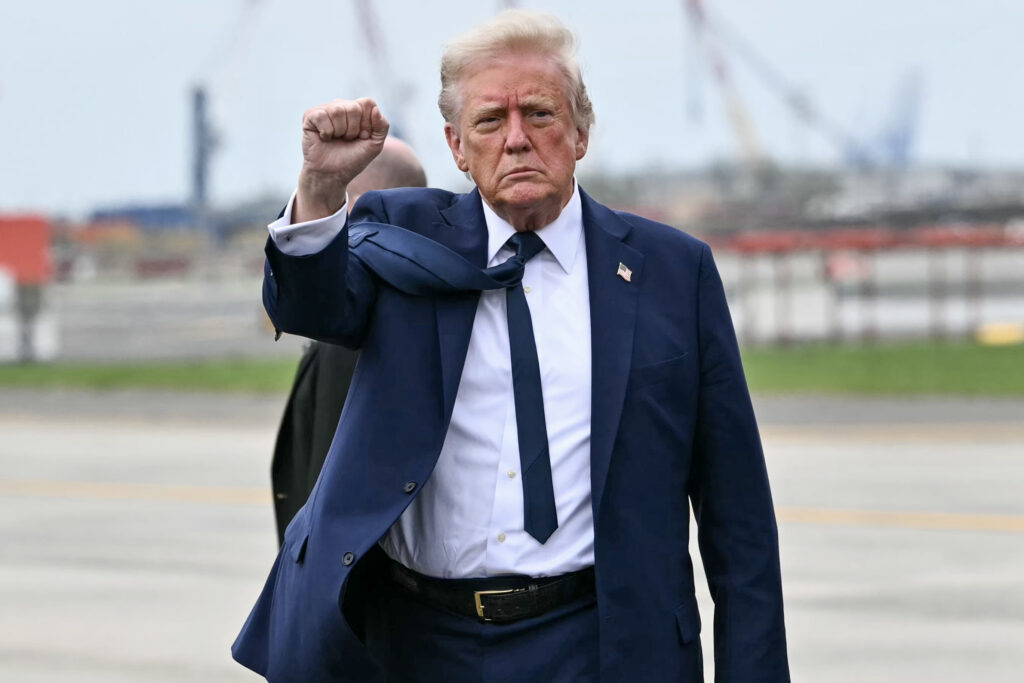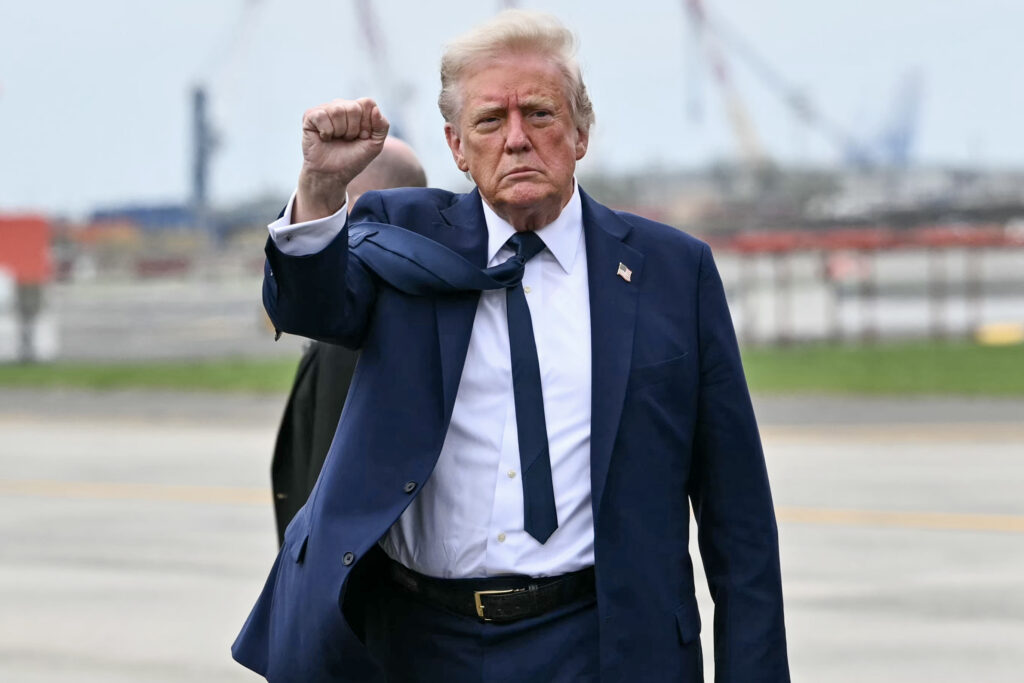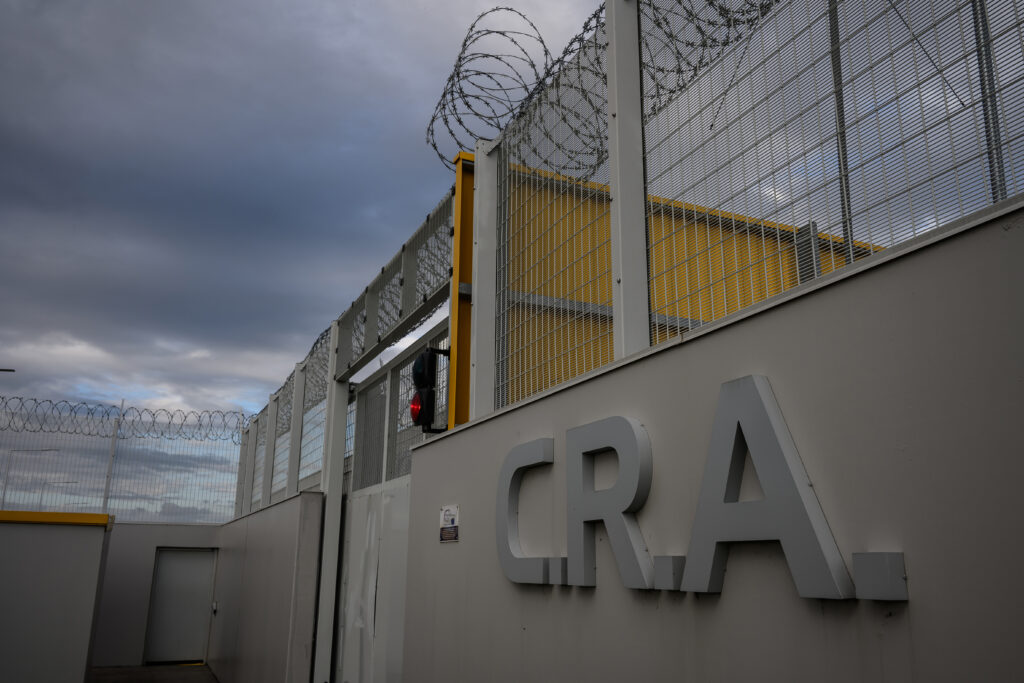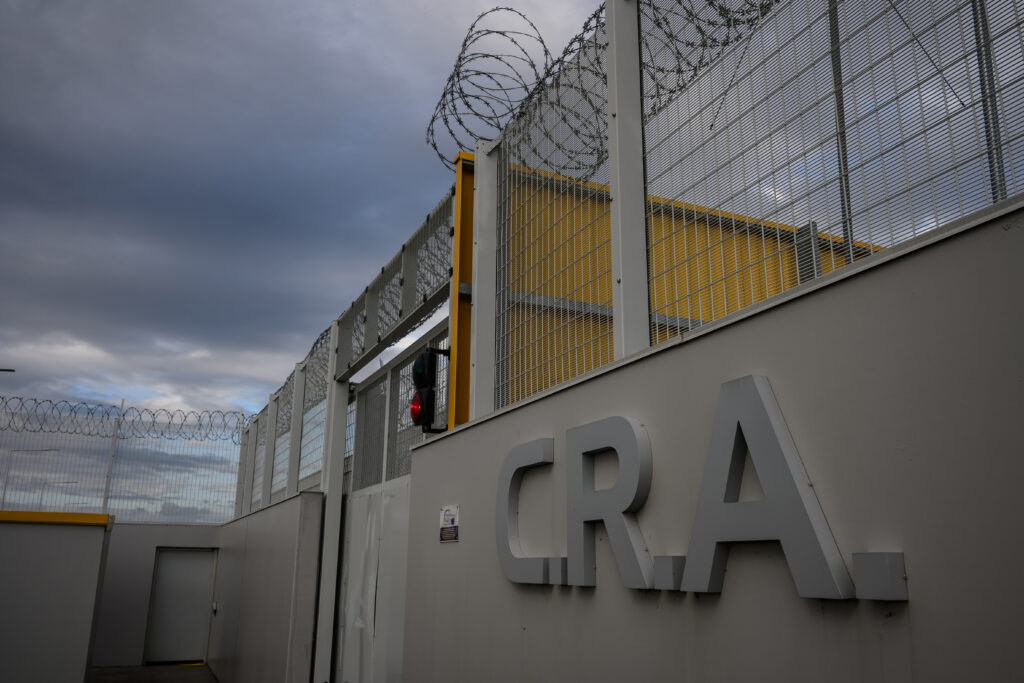Encore endolorie par l’accouchement et son bébé dans les bras, une jeune Haïtienne monte dans un bus de l’immigration dominicaine, où l’attendent d’autres migrants, dont son beau-frère, Enroy Auguste, interpellé alors qu’il était venu la visiter à Saint-Domingue. Ce soudeur de 42 ans lance depuis le bus d’où il est retenu que le président dominicain Luis Abinader “peut prendre tout le monde dans la rue (migrants illégaux) mais il faut respecter la femme”.Le gouvernement Abinader a fait de la lutte contre l’immigration haïtienne un de ses chevaux de bataille: il exige depuis lundi 21 avril leurs papiers aux étrangers qui se rendent dans les hôpitaux.S’ils n’en ont pas, ils sont expulsés du pays après avoir été soignés, selon le nouveau protocole mis en place.Depuis son arrivée au pouvoir en 2020, M. Abinader, réélu triomphalement en 2024, a durci la politique migratoire, lançant notamment la construction d’un mur le long de la frontière entre son pays, plus riche, et Haïti, miné par la pauvreté et la violence des gangs.”Jour après jour, les migrants nous appellent pour faire part de leur inquiétude. Ils ne veulent pas aller dans les hôpitaux de peur d’être arrêtés, détenus et renvoyés à Haïti”, déclare à l’AFP William Charpentier, coordinateur du Bureau national pour les Migrations et les Réfugiés, qui rassemble des ONG défendant les migrants, essentiellement haïtiens.”La mesure (est) d’une grande cruauté, cela met en danger les personnes, principalement les femmes. Empêcher qu’une personne puisse aller à l’hôpital avec la peur d’être expulsée viole réellement ce droit fondamental à la santé”, souligne M. Charpentier, haïtien lui-même, qui parle “d’insensibilité” des autorités. La mesure a effrayé de nombreux Haïtiens et la fréquentation des hôpitaux par des Haïtiens a diminué, a déclaré samedi à l’AFP Martin Ortiz Garcia, directeur de la Maternité et de l’Adolescence du Service national de santé.- Seule et sans argent -Le Service de l’Immigration dominicain a indiqué que “le premier jour de la mesure, 48 femmes enceintes et 39 femmes venant d’accoucher, accompagnées de 48 mineurs”, ont été arrêtées et emmenées au centre de détention de Haina, qui accueille les migrants en situation irrégulière, en périphérie de la capitale.Samedi, Santo Heredia, gardien dominicain de 34 ans, cherchait sa femme, enceinte de cinq mois et arrêtée lors d’un rendez-vous prénatal.Bien qu’ils soient mariés, avec une fille de quatre ans, son épouse née en République dominicaine mais de parents haïtiens n’a pas de statut légal dans le pays faute d’argent pour les démarches, selon son mari.”Tout ça me tourmente: elle est enceinte, elle est seule, elle n’a pas d’argent, elle n’a pas de moyen de communiquer avec quelqu’un”, souligne-t-il. La chasse aux migrants dans les hôpitaux fait partie d’un plan annoncé par le gouvernement pour augmenter le nombre d’expulsions et satisfaire les Dominicains qui se sentent “déplacés” par la fréquentation par les étrangers des hôpitaux, selon les autorités.Au premier trimestre 2025, le Service national de santé (SNS) a enregistré un total de 20.362 accouchements, dont 12.930 (63,5%) de Dominicaines et 7.387 (38%) d’Haïtiennes. Dans certains centres de santé, le nombre d’accouchements de femmes haïtiennes dépasse celui des Dominicaines.Au premier trimestre de 2025, les autorités se targuent d’avoir procédé à 86.406 expulsions d’Haïtiens. En 2024, elles en ont expulsé 276.000. Dimanche, l’Ancien Ordre Dominicain, une ONG nationaliste qui milite contre “l’haïtianisation” du pays, a manifesté pour demander une main ferme au pouvoir face à l’immigration haïtienne.”Qu’on les expulse dès maintenant!”, “On en a marre!” ou encore “La République dominicaine aux Dominicains!”, pouvait-on lire sur des pancartes. “Le peuple dominicain doit être vigilant dans toutes les maternités pour que ce qui a été dit soit fait”, a déclaré Angelo Vasquez, le président de l’Ancien Ordre Dominicain.Pendant le rassemblement, deux camions transportant des migrants haïtiens interpellés par les services d’immigration ont été insultés. Un des manifestants a même agrippé le bras d’un des étrangers derrière les barreaux du camion tandis que d’autres hurlaient: “Rentrez chez vous!”, “Dehors ! Dehors”.
